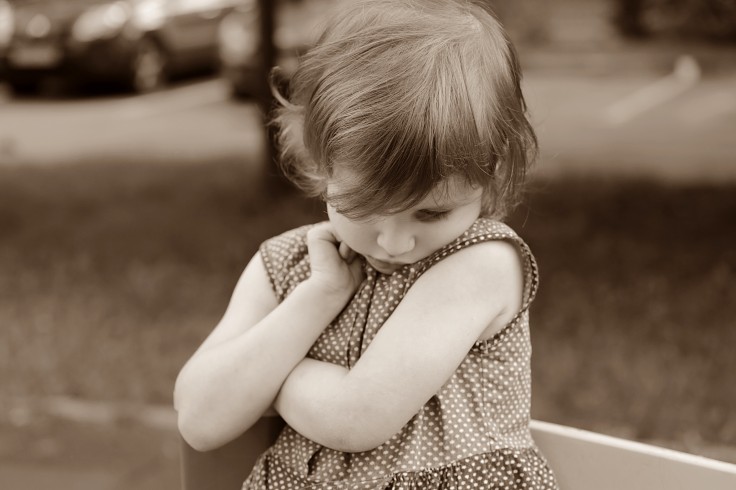
As early as infants, you may be able to tell if a kid has an autism spectrum disorder (ASD) as they may show developmental differences. This may be in their social skills or language skills. Although babies are expected to learn how to sit, crawl, and walk at a specific time in their life, it might be difficult to see differences in the development of body gestures.
However, as for language delays and behavioral differences, one might notice in an instant that there is a difference in the way the child interacts with the people around them.
Some signs of autism might show up as early as one year old because some skills will have developed by then, such as language skills. Babies in that age can now speak basic words, such as "mama" or "dada". However, you don't need to be worried or pressured if your one-year-old still can not say any words. This may only mean that their skills are slightly delayed.
As mentioned, you may be able to identify if your child has autism as early as one year old. To know more about the signs, here are some social, communication, and behavioral differences that you might want to observe in your child. If they happen to exhibit these, your child might be autistic. It's best to consult a psychiatrist or a doctor if you feel that your child has autism for more guidance and tips on how to handle them.
Side note: ASD symptoms may vary from one child to another. They do not have to be altogether the same because there are different symptoms depending on the severity of ASD.
Social differences include:
Your child does not make eye contact
Your child is having a hard time smiling at people
Your child does not look at objects being pointed out to them
Your child does not show any interest in anything
Your child does not have appropriate facial expressions
They find it hard to perceive other's way of thinking or feeling
Communication differences include:
Your child does not point at things to show needs
Your child does not share with others
Your child cannot produce a single word by 16 months of age
They tend to just repeat what they hear from other people without understanding the meaning.
Your child does not respond when you call out their name, but responds to other sounds
Your child does not seem to want to communicate
Your child might experience language regression
Behavioral differences include:
Your child tends to be hyper and could not in control of his or her behavior (example: spinning, rocks, twirls fingers, walks on toes)
Your child finds it difficult to change from one activity to another
They might seem to not feel any pain
They might have unusual gaze or vision when looking at objects
Plays with toy parts instead of playing with the toy as a whole
Your child might be more sensitive or not sensitive when it comes to sounds, smells, lights, or textures
Your child might be obsessed with one thing and would repeat it many times during the day
Please remember, before you panic or get upset, it is best to have your child tested at a young age for developmental traits. Please, always consult a trained and licensed professional before attempting to diagnose your child.